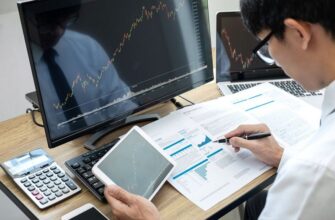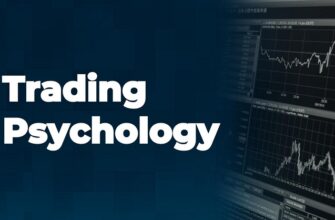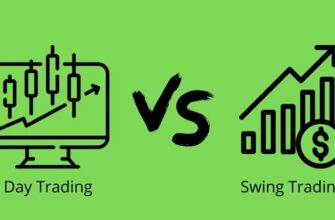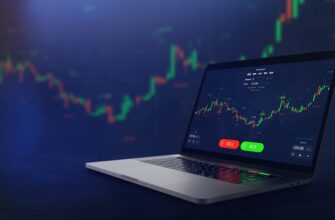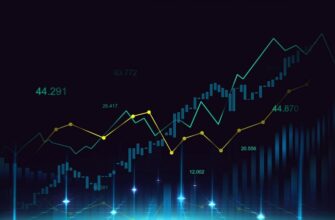Forex Trading: Navigating the Global Currency Market
The foreign exchange market, commonly referred to as forex, is the largest and most liquid financial market in the world. With trillions of dollars traded daily, forex offers individuals and institutions the opportunity to engage in currency trading and potentially profit from the fluctuations in exchange rates. In this article, we will delve into the world of forex trading, exploring its key concepts, strategies, and considerations for navigating the global currency market.
Understanding the Forex Market
The forex market operates as a decentralized marketplace where participants buy, sell, and exchange currencies. It consists of various participants, including banks, financial institutions, corporations, governments, and individual traders. Unlike stock markets, forex operates 24 hours a day, five days a week, across different time zones, allowing for continuous trading.
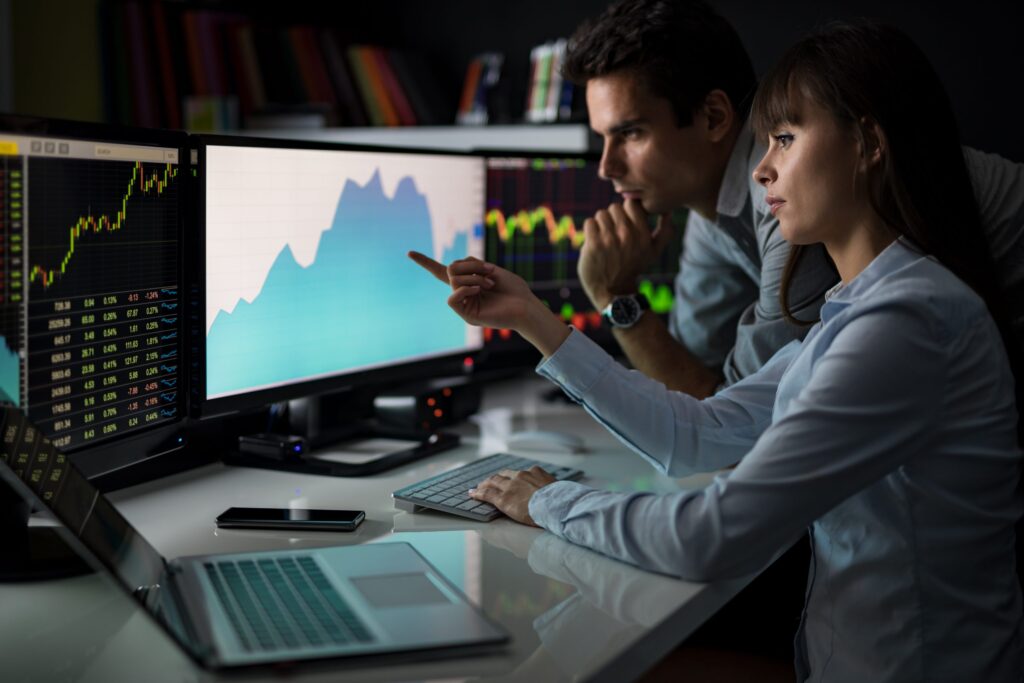
Currency Pairs and Exchange Rates
Forex trading involves trading currency pairs, where one currency is bought and another is sold. Currency pairs are quoted with exchange rates, which represent the value of one currency relative to another. For example, the EUR/USD pair represents the euro against the US dollar, and an exchange rate of 1.20 means that 1 euro is equivalent to 1.20 US dollars.
Major Currency Pairs
There are several major currency pairs that dominate forex trading, including:
- EUR/USD (Euro/US Dollar)
- USD/JPY (US Dollar/Japanese Yen)
- GBP/USD (British Pound/US Dollar)
- USD/CHF (US Dollar/Swiss Franc)
- USD/CAD (US Dollar/Canadian Dollar)
- AUD/USD (Australian Dollar/US Dollar)
- NZD/USD (New Zealand Dollar/US Dollar)
These pairs account for the majority of trading volume in the forex market and are generally more liquid and less volatile compared to minor or exotic currency pairs.
Factors Affecting Exchange Rates
Exchange rates are influenced by various factors, including economic indicators, monetary policy decisions, geopolitical events, and market sentiment. Key factors that can impact exchange rates include interest rates, inflation, political stability, trade balances, and market speculation. It is crucial for forex traders to stay informed about these factors and understand their potential effects on currency values.

Fundamental and Technical Analysis
Forex traders utilize two main types of analysis to make trading decisions: fundamental analysis and technical analysis.
Fundamental analysis involves evaluating economic indicators, news releases, and other relevant factors to assess the intrinsic value of a currency. Traders using fundamental analysis examine factors such as GDP growth, employment data, central bank policies, and geopolitical developments to determine the overall health of an economy and make informed trading decisions.
Technical analysis, on the other hand, involves analyzing historical price data and using various tools and indicators to identify patterns and trends in the market. Traders employing technical analysis utilize charts, trend lines, moving averages, and oscillators to anticipate future price movements and time their trades accordingly.
Risk Management and Strategies
Effective risk management is crucial in forex trading to protect capital and preserve long-term profitability. Traders employ various risk management techniques, including setting stop-loss orders, using proper position sizing, and diversifying their portfolios. Additionally, developing a trading strategy tailored to one’s risk tolerance, trading style, and financial goals is essential for consistent success in the forex market.
Common forex trading strategies include trend following, range trading, breakout trading, and carry trading. Each strategy employs different techniques and approaches to identify trading opportunities and manage risk.
Choosing a Forex Broker
Selecting a reliable forex broker is essential for a smooth and secure trading experience. When choosing a broker, consider factors such as regulation, trading platforms, customer support, transaction costs, and available trading instruments. It is recommended to opt for a broker regulated by reputable authorities to ensure the safety of your funds and fair trading conditions.
Demo Trading and Education
Before diving into live trading, it is advisable for beginners to practice with a demo trading account. A demo account allows traders to explore the forex market using virtual money, without risking real funds. This provides an opportunity to test trading strategies, understand platform functionalities, and gain practical experience without financial consequences.
Furthermore, ongoing education is vital for continuous improvement in forex trading. Traders should invest time in learning about market dynamics, trading psychology, risk management, and new strategies. There are numerous online resources, courses, and webinars available to expand your knowledge and enhance your trading skills.
Conclusion
Forex trading offers vast opportunities for individuals to participate in the global currency market and potentially generate profits. However, it requires dedication, discipline, and continuous learning. By understanding the fundamental concepts, employing effective strategies, managing risks, and staying updated with market developments, traders can navigate the forex market with confidence and increase their chances of success. Remember, forex trading involves inherent risks, and it is essential to trade responsibly and only risk capital that you can afford to lose.

